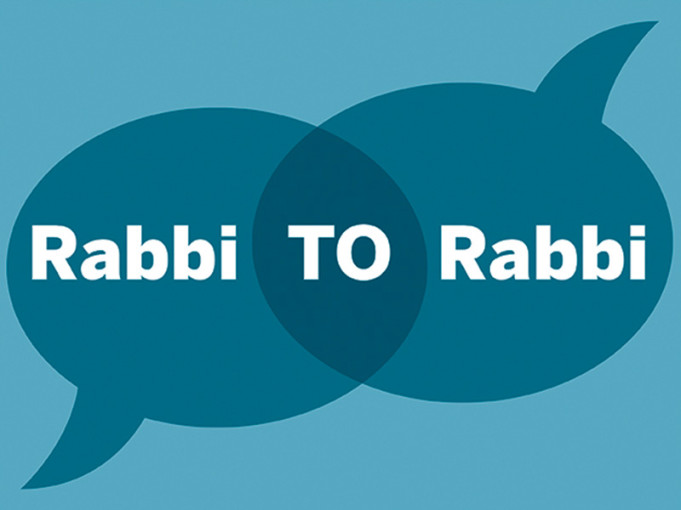Rabbi Denise Handlarski: Oraynu Congregation for Humanistic Judaism, Toronto
Rabbi Raysh Weiss: Shaar Shalom Congregation, Halifax
Rabbi Handlarski: Another rabbi gave me a great idea this year: when you hear the shofar blasts on the High Holidays, use it as a reminder to think about what went right in the past year. We usually focus on what we’ve done wrong or things about ourselves and our lives we’d like to change, but I love the idea of changing the frame and considering what we are doing that is good. This way, we remind ourselves to keep doing those things and we reinforce that there is much about our lives of which we can be proud.
It is so easy to focus on the negative, especially in ourselves. We need to sometimes focus on what is good. The conversation made me consider how, as this new year begins, I can change the frame in other ways. How can I look at problems, times of sorrow or difficult circumstances and still find a way to focus on the good?
Rabbi Weiss: I love your idea of recasting our High Holiday-season cheshbon ha-nefesh – accounting of the soul (or self) – in a positive light. Especially with the daily onslaught of challenging new stories, I think we can apply this practice more globally, as we attempt to process current events as well. Even in the bleakest of moments, it feels like an important spiritual practice to stop and consider all that is going “right” in our world.
One of the greatest popular misconceptions is that ours is a religion of guilt and that the High Holidays are chiefly about breastbeating. But there is a healthy precedent for positive thinking in our tradition, especially among Hasidic thinkers. For example, consider the words of the Tzemach Tzedek, a 19th-century mystic: “Tracht gut un vet zayn gut” (Think good, and it will be good).
Part of “thinking good” is enabling oneself to maintain a positive self-image. Perhaps, in tandem with the traditional list of sins that many communities collectively recite during the High Holidays, we could generate a parallel list of various positive individual and communal accomplishments that occurred in the past year. What might be some other ways for us to introduce rituals and/or liturgy that would reinforce a sense of positivity and accomplishment into our communal prayer and, in doing so, perhaps even spur us on toward even greater successes in the coming year?
Rabbi Handlarski: I believe that one of the things Judaism can do for us is make us happier. This happiness, however, is not solely about good feelings or pleasure. It’s about finding meaning, living our values and forging deep connections, all of which are shown to increase happiness.
I created a guide this year called “Get Clear on Your Jewish Year” in which I’m asking people to do just what you suggest: reinforce a sense of positivity and accomplishment. When we start from a place of what is working, it’s easier to identify what we can do to solve what is not working. Part of how I get clear on my own Jewish year is to consider how to make all of this relevant all year long. May the upcoming year be one of goodness and striving for wholeness, within our communities and for all of us as individuals.
Rabbi Weiss: With Yom Kippur leading into Sukkot just a few days later, in many ways, it feels like the High Holidays can ideally provide the groundwork for the joy we are charged to experience during Sukkot. I believe the key to unlocking the positive potential of the High Holidays is reminding ourselves that change does not automatically translate into a loss.
There is a general tendency to think of change in terms of privation, but when we reconceptualize change as having potentially positive transformative power, we can grow in unprecedented healthy and positive new ways. If we are kind to ourselves and to one another, and if we focus our mental and spiritual energy on the positive during the Days of Awe, we can make spiritual and physical space for true exuberance throughout the season and, ideally, the year as well. May it be God’s will, and may it be ours.
